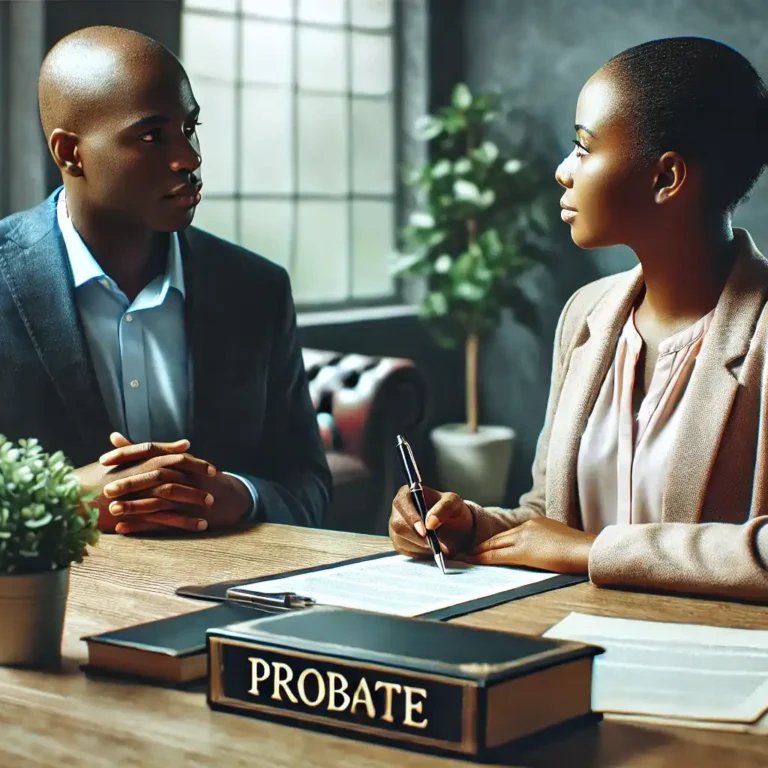Do All Estates Have to Go Through Probate? Understanding Probate Exemptions

Not all estates are required to go through the probate process. The need for probate depends largely on the value and type of assets the deceased owned, as well as whether there was a valid will.
Estates That May Avoid Probate:
- Small Estates: Many states have simplified probate procedures or exemptions for small estates. These estates typically involve a streamlined process for distributing assets without formal probate proceedings. The definition of a “small estate” varies by state, but it usually involves a total estate value under a certain threshold (e.g., $100,000 or less). Small estates may use affidavits or simplified filings to transfer property.
- Joint Ownership: Assets that are jointly owned, such as real estate or bank accounts with survivorship rights, automatically pass to the surviving co-owner without going through probate. This includes joint tenancy property or assets held as tenants by the entirety between spouses.
- Beneficiary Designations: Assets with designated beneficiaries, such as life insurance policies, retirement accounts, or payable-on-death (POD) accounts, pass directly to the named beneficiaries without the need for probate. These designations supersede any instructions in a will, meaning they bypass the probate process.
- Living Trusts: If the deceased set up a living trust, the assets held within the trust do not go through probate. A living trust allows for the seamless transfer of property and assets to beneficiaries, as the trust outlines specific instructions for distribution upon the grantor’s death.
- Transfer on Death (TOD) Accounts or Deeds: Some states allow individuals to designate a transfer on death (TOD) beneficiary for certain types of property, including real estate and financial accounts. Upon death, these assets transfer directly to the designated beneficiary without the need for probate.
When Probate is Required:
- No Beneficiary Designations or Joint Ownership: If the deceased owned property solely in their name and did not have designated beneficiaries or joint ownership, the estate will likely need to go through probate to transfer these assets legally.
- Disputes Among Heirs: If there are disagreements among heirs regarding the validity of the will or the distribution of assets, probate may be required to resolve these disputes under the court’s supervision.
- Complex Estates: Estates with complex assets, such as multiple properties, businesses, or investments, often require formal probate to ensure proper legal oversight during the distribution process.
How LegalDocExpert.com Can Help:
LegalDocExpert.com provides expert assistance with probate, helping executors determine whether the estate needs to go through probate and guiding them through the process if necessary. They assist with the preparation of all required legal documents, ensuring the process is handled smoothly and efficiently. If you’re unsure whether probate is required or need help managing the probate process, LegalDocExpert.com is here to provide the expertise and support you need.
In conclusion, not all estates must go through probate. Small estates, jointly owned property, assets with designated beneficiaries, and assets held in a trust may bypass the probate process. However, estates with solely owned assets or unresolved disputes often require probate to ensure legal compliance and proper asset distribution. Understanding these distinctions can help families navigate the complexities of estate settlement.






